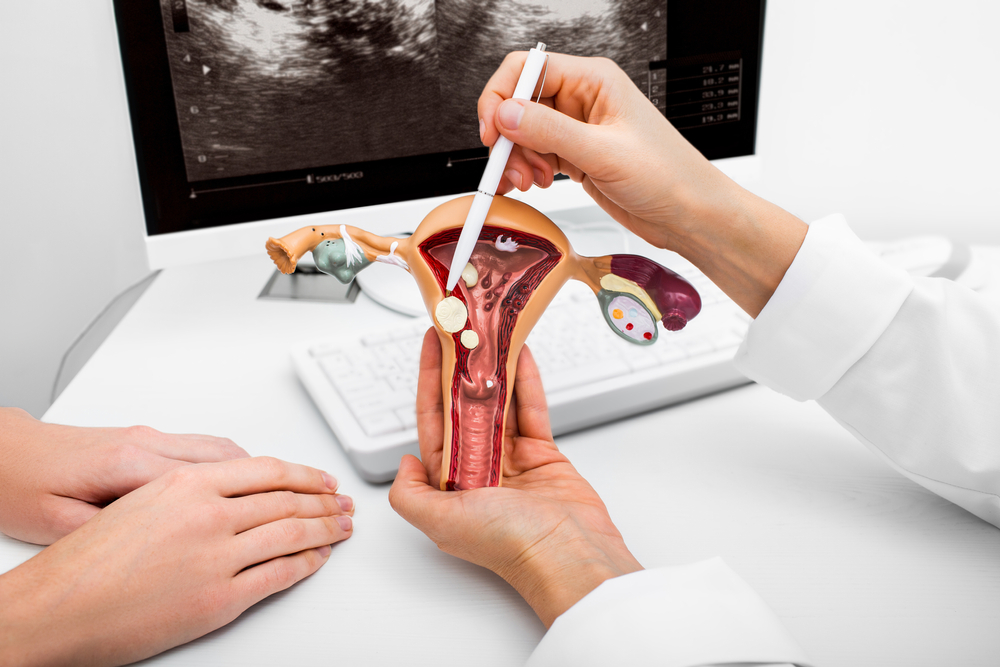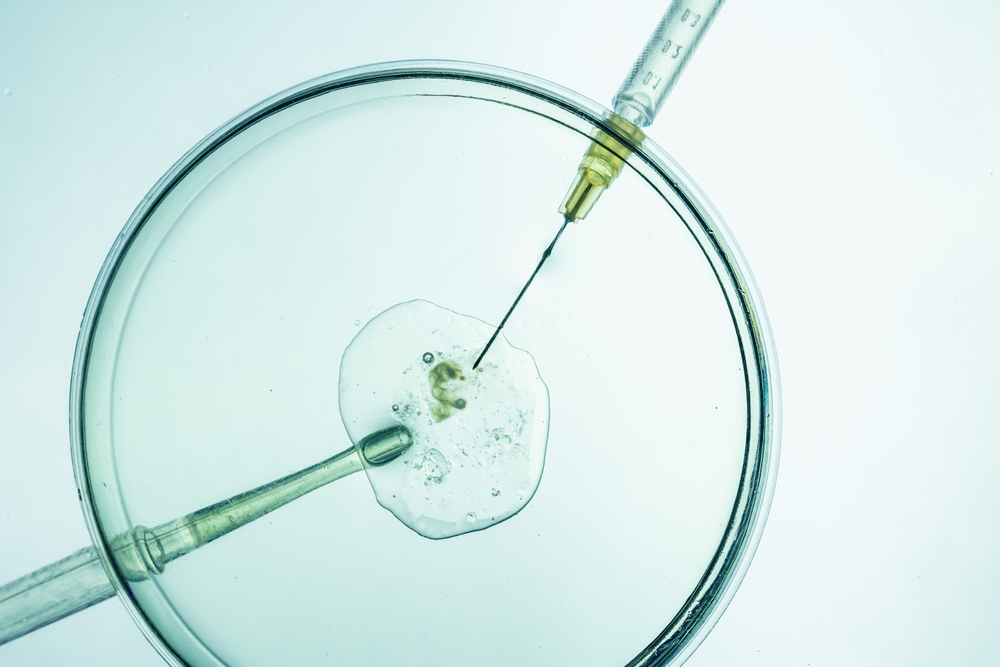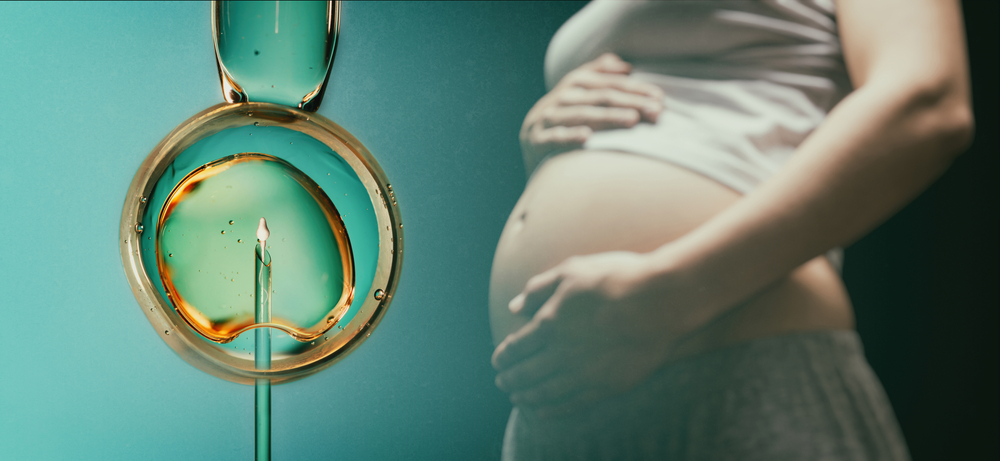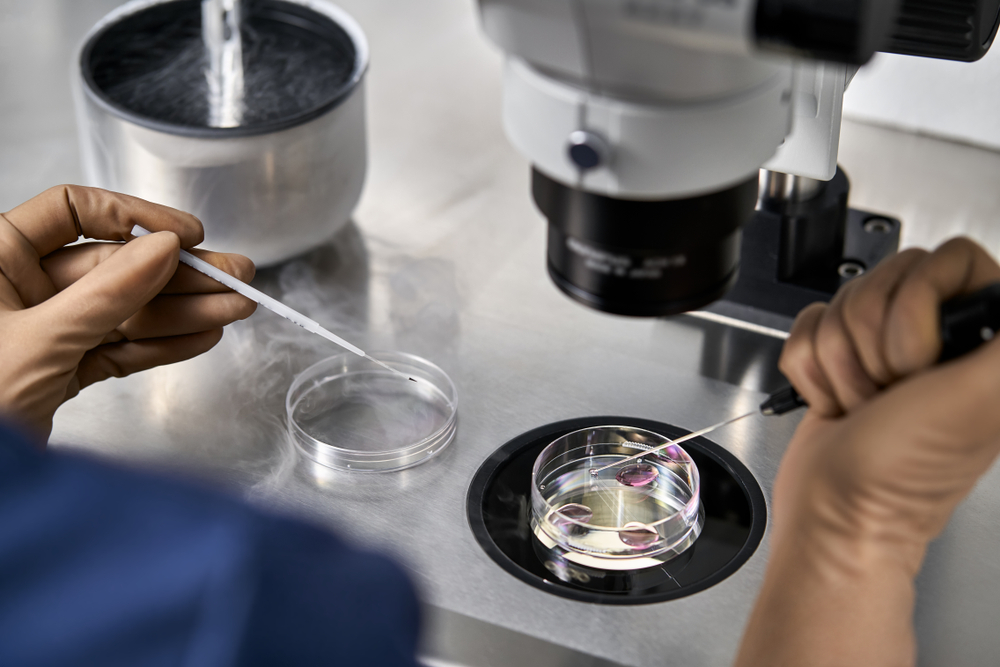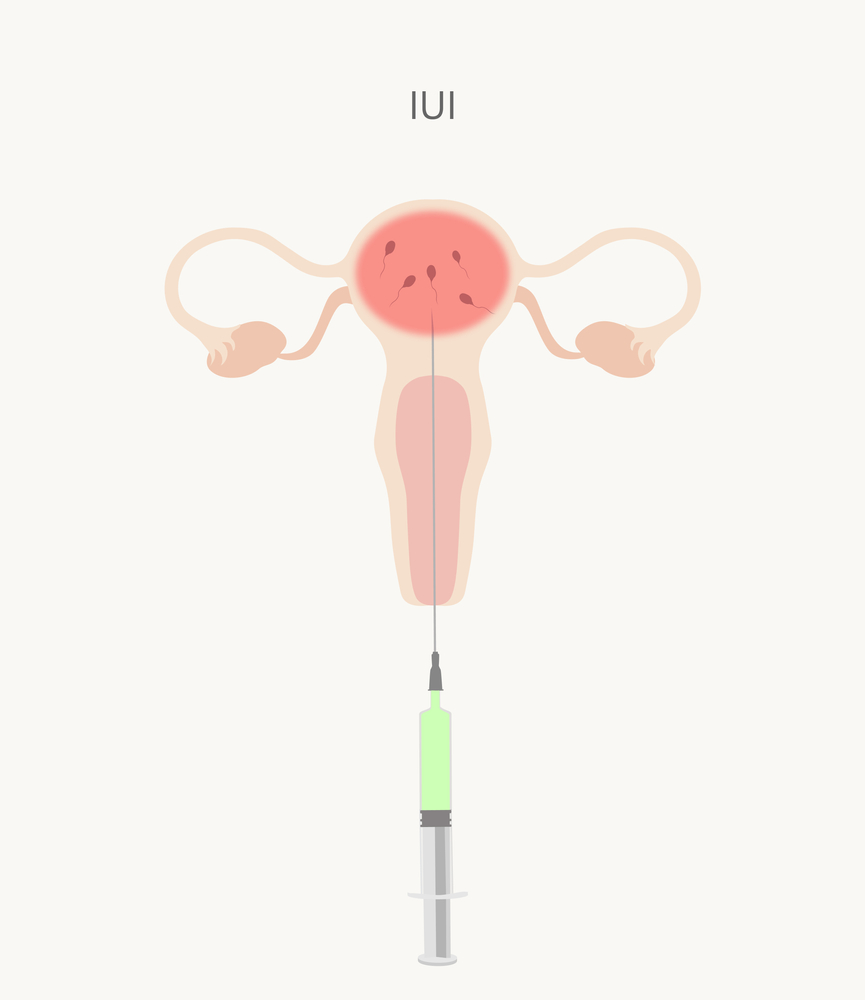Fertility issues have implications on both the individual and society. Infertility affects approximately 8%-10% couples worldwide and around 60-80 million couples suffer from infertility every year worldwide. Probably in India it’s between 15 and 20 million (25%) couples facing infertility issues. There is a taboo that infertility is a female issue. A couple’s inability to conceive children can also stem from problems related to male reproductive system.
Artificial insemination (AI) is the introduction of processed cells into female’s uterine cavity for achieving pregnancy. These techniques employ Assisted Reproductive Technology(ART), Cell donation and other infertility treatments.
When a woman becomes pregnant naturally, cell travels from the vagina through the cervix, into the womb and up into the fallopian tubes. Once the cell goes into the tube right after the release of the egg from the ovary the cell and egg fertilize in the tube. Naturally the cervix limits the number of cells that enter the uterus and it means that only a small number of cell during the ejaculation make way into the fallopian tube.
What is IUI?
IUI or Intrauterine insemination treatment is the most commonly used assisted reproductive procedure. IUI procedure is a fertility treatment that involves injection of cell inside a woman’s uterus to aid fertilization. The main goal of IUI is to increase the number of cells that reach the fallopian tube and thereby increase the chance of fertilization. IUI is actually the first course of treatment when medication and natural ways to conceive don’t succeed.It is actually recommended to couples with mild to moderate decrease of cell count or motility and for women who don’t ovulate regularly, for couples with “Unexplained fertility”.
What happens during IUI:
Step 1: Investigations
Before couples are advised for IUI procedure they are advised to undergo a few investigations to check if the procedure is feasible and the females undergo a few hormone tests and males are asked to undergo a cell analysis. The couples are then advised for some blood test.
Step 2: Ovulation
Females are asked to visit the doctor during the 1, 2 or 3rd day of menstrual cycle for an ultrasound. After the ultrasound you are prescribed oral medication or injections that will stimulate the growth of multiple follicles in the ovaries. Ask your doctor for Do’s and Don’ts during this phase before proceeding further into this treatment. Further a few ultrasound scans are prescribed to monitor the growth of the follicles. It generally takes 10-11 days for follicles to be ready.
Step 3: Ovulation Monitoring
Once the follicles mature, a hormone injection is administered that will trigger the release of the egg. The HCG injection will help ovulation to happen in the next 36 hours. Then your partner is asked to collect the cell after 2-5 days of abstinence from ejaculation.
Step 4:Cell Collection & Cell Preparation
The collected sample is then washed to separate the highly active cells from low quality cell which could result in negative reactions in a woman’s body that could interfere during fertilization. Cell processing takes around 30-60 minutes.
Step 5: Insertion
IUI is generally done during the ovulation period. In the process a speculum is placed in the vagina, then the cervix is cleaned gently and the washed sample with high quality cells is injected into the uterine cavity using a sterile catheter. Then females are prescribed some progesterone support and folic acid that will help you during the process of implantation.
Success Rate of IUI
Success rate of IUI treatment depends on many things. If a couple has IUI treatment performed every month, the success rate may reach as high as 20% per cycle and depends on females age, reasons for infertility. The success rate depends on the females age, cause of infertility and types of fertility drugs used.
Success rate by age:
Age below 35 years then the success rate is 20-25%
Age between 35-40 years then the success rate is 10-15%
Age 40 and above then the success rate is only upto 10%
Care post IUI treatment
· Avoid strenuous exercise
· Take prenatal vitamins
· Have a balanced diet
· Have a back-up plan
IUI is a proven treatment which makes you parents from a couple. This medical procedure has a few risks such as bloating, cramps, breast tenderness. Shourya Test Tube Baby Center offers Best IUI treatments in Hyderabad along with best fertility treatment. Our team of doctors are highly qualified and our facility is one of the best IUI centers in Hyderabad. We give you all the reasons for happiness to all childless couples, with advanced technology and have the state of art technologies to treat all the problems related to infertility with specialized doctors in this concerned field. To book an appointment call us now on

